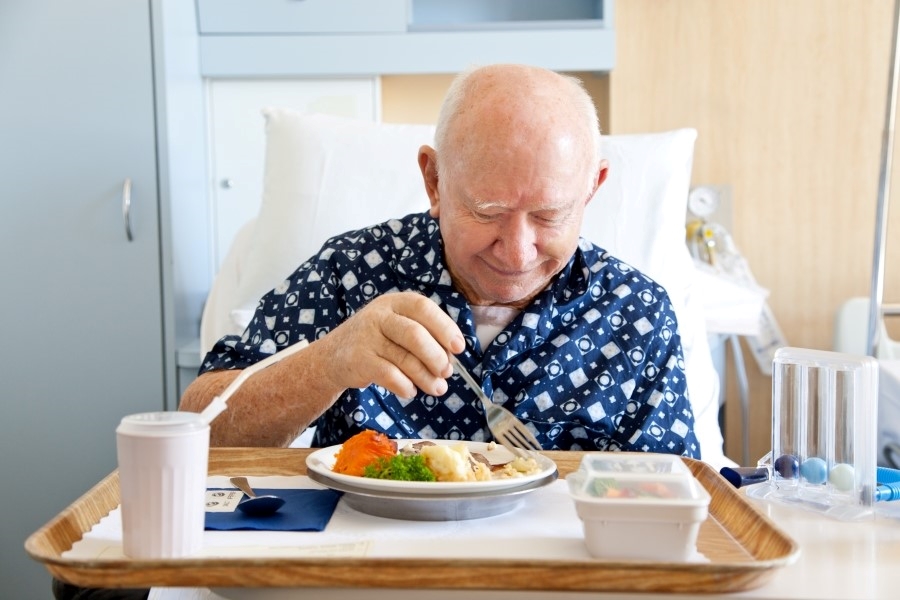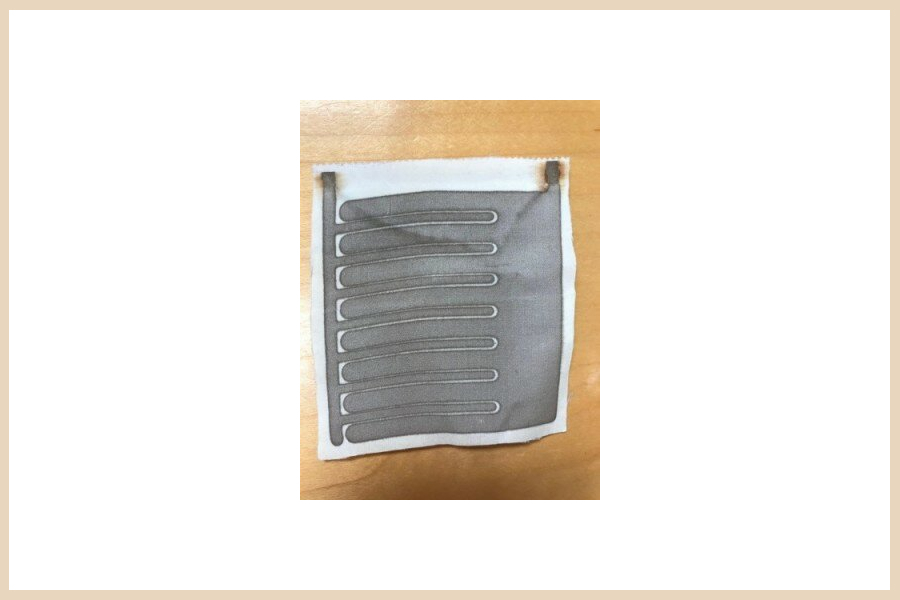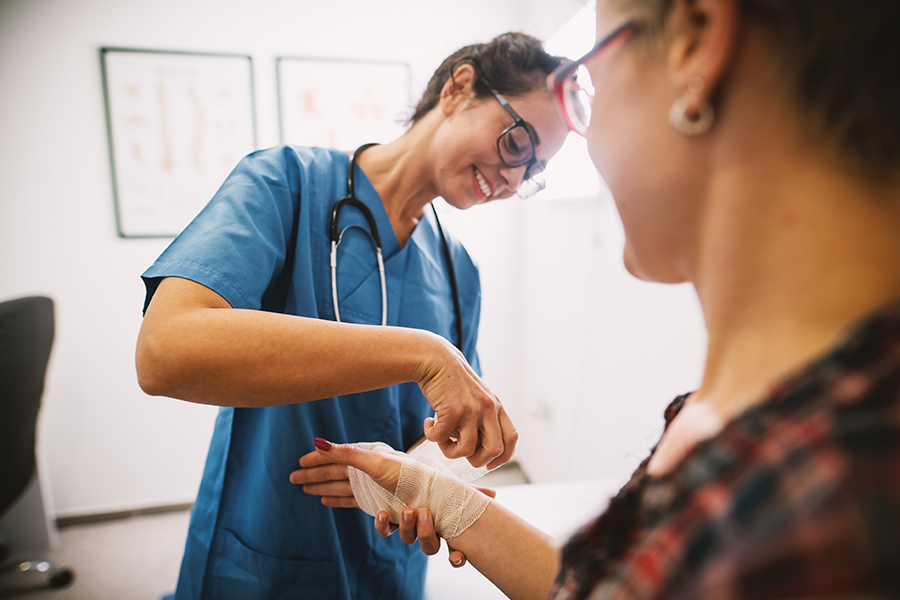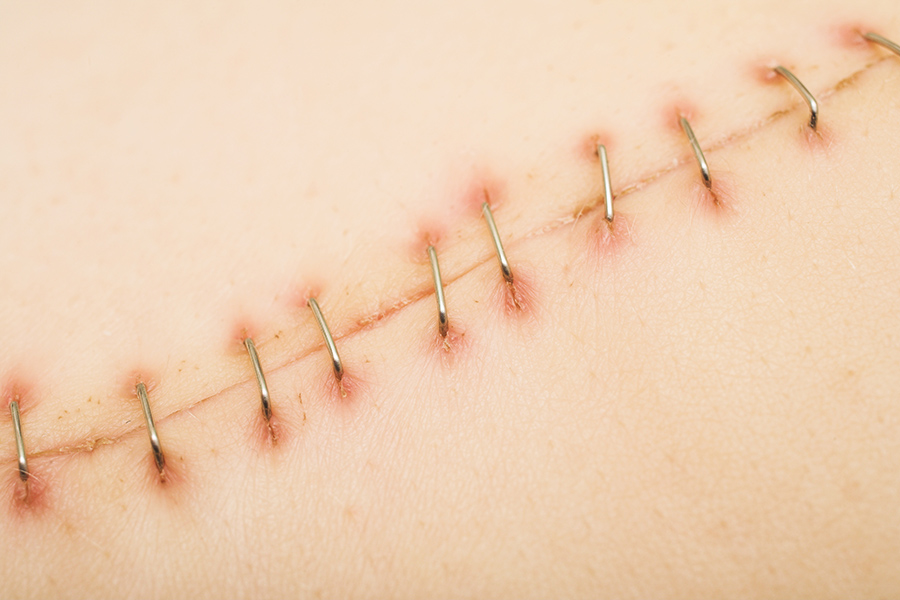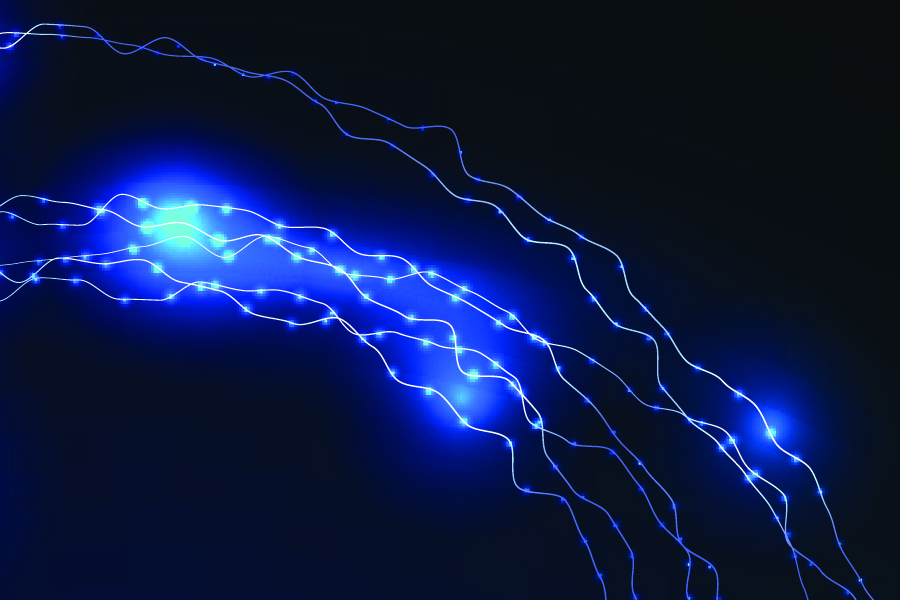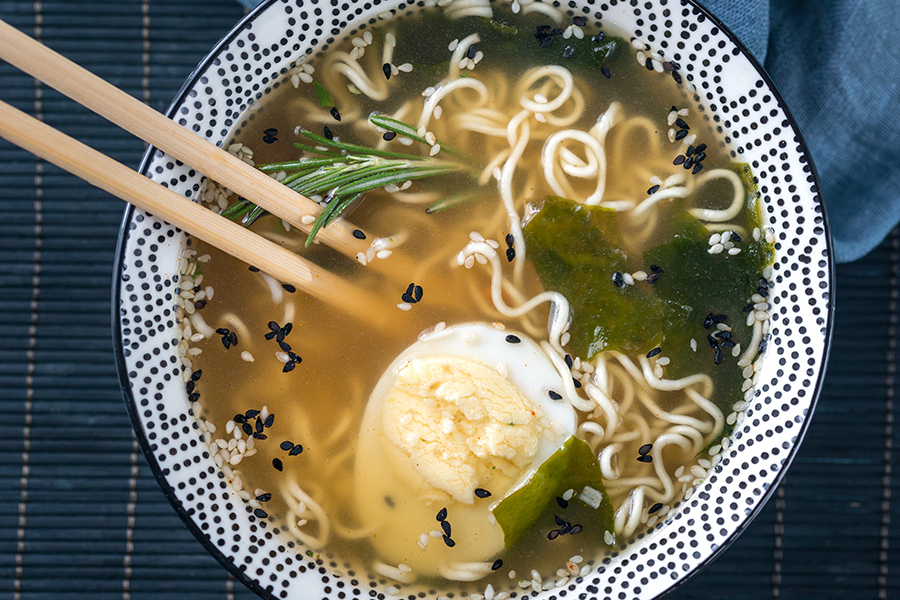- Home
-
About
Company Info
Careers
Contact
-
Community
Lifestyles

Explore our upcoming events, including free webinars with CE credits for healthcare professionals.
-
Customer Care
Contact
Customer Rights
Shipping

Share your Tips for Finding Life Balance As a Caregiver for a chance to win $250 in our Caregiver Contest!
-
Products
Product Lines
Resources
Healthcare Professionals
-
Services
Shield Services
Insurance Billing
Healthcare Professionals
Individual Patients

Place referral orders on your computer or mobile device and track order status for all your orders in real time.


